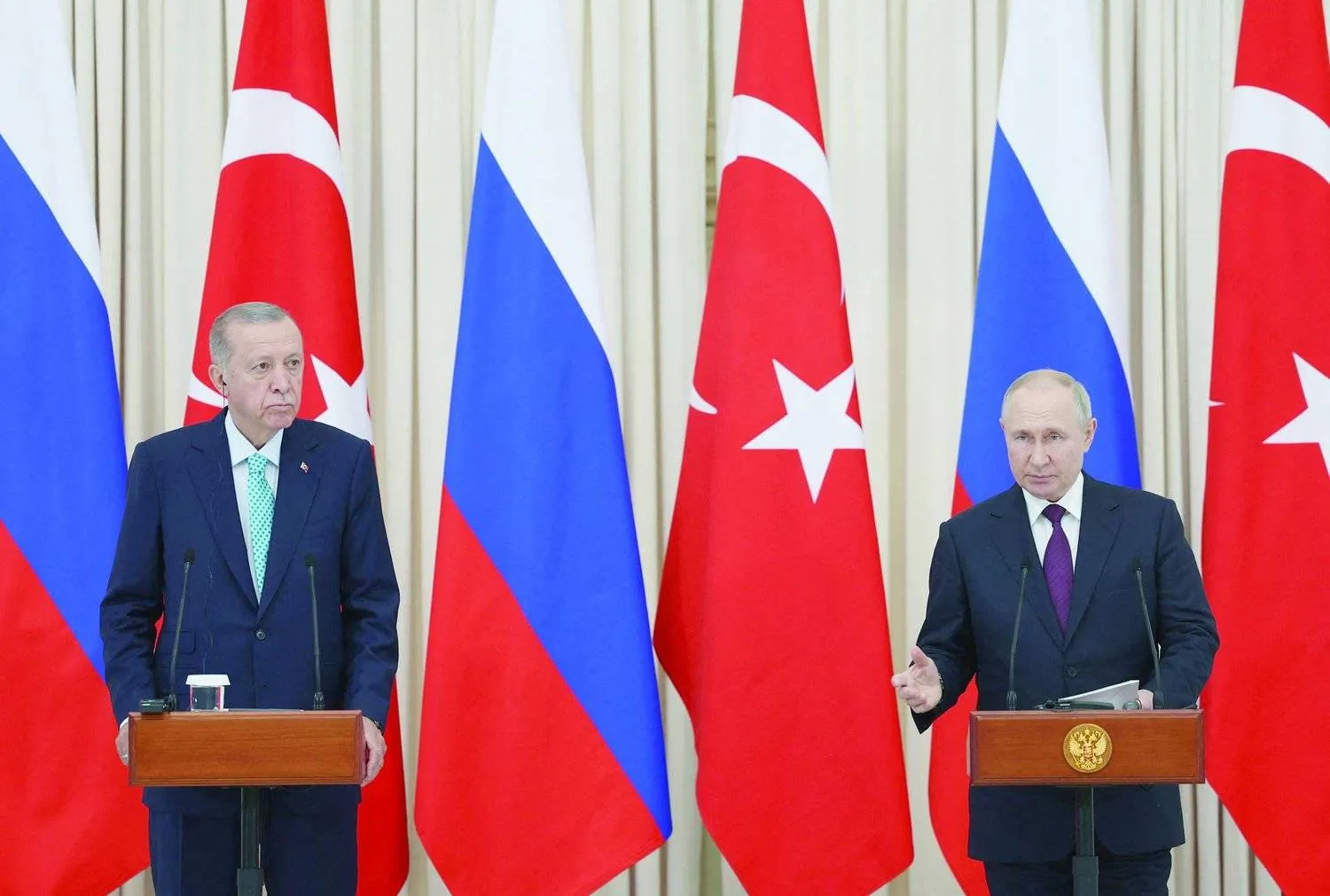A day after an unprecedented Israeli decision allowing the seizure of land in the occupied West Bank, Hebrew-language reports revealed a settlement plan that would, in effect, extend Jerusalem’s boundaries beyond the pre–1967 lines.
According to a report published by Yedioth Ahronoth, a housing plan being promoted in the settlement of Adam (also known as Geva Binyamin), in the Binyamin region, is formally presented as an expansion of the settlement bloc.
In practice, however, it would push Jerusalem’s municipal boundaries beyond the lines that existed before the June 1967 war. Such a move would amount to the imposition of de facto sovereignty over the city and a further expansion of Israel’s occupation of Jerusalem.
The Palestinian Authority (PA), backed by international resolutions, demands East Jerusalem as the capital of the hoped-for Palestinian state on the basis of the pre-1967 borders, within the framework of a two-state solution.
Limited Options for the Palestinian Authority
Israeli efforts to seize Palestinian land are effectively undermining the prospects of statehood, while the PA appears to have few tools at its disposal to confront the occupation.
The Palestinian presidency rejected the Israeli decisions, saying it does not recognize them and that they “do not change reality in any way.” It described the moves as a threat to security and stability and as an annulment of signed agreements.
A well-informed Palestinian source told Asharq Al-Awsat that the PA’s options are limited to “the steadfastness of Palestinians on their land and confronting this Israeli encroachment by relying on and adhering to international law and international legitimacy resolutions, turning to the UN Security Council, relevant institutions, international courts, and diplomatic channels.”
The source acknowledged that the PA’s tools are confined to resisting on the ground and rejecting Israeli decisions on the basis that they neither create nor negate rights and do not alter the status of the West Bank as occupied territory.
The PA is also betting on a global rejection of these measures and on pressure by influential states on Israel and the United States to halt them.
He added that the PA has instructed its apparatuses and ministries not to deal with any situation imposed by Israel in the West Bank and is relying on public awareness among Palestinians to avoid engaging with Israeli attempts to create new facts on the ground.
In parallel, the international community, the Security Council, and all legal and international bodies have been urged to confront these unilateral steps and take urgent action.
The PA is also awaiting the outcome of US President Donald Trump’s plan for Gaza, hoping it will lead to a political process toward statehood.
It remains committed to the plan’s provisions and pins hopes on potential changes in Israel’s upcoming elections that could unseat the current right-wing government in favor of a less extreme coalition.
Trump’s “Peace Council” is scheduled to hold its first meeting in Washington on Thursday, as the US president speaks of achieving what he calls “global peace.”
The Jerusalem Plan
The plan for Jerusalem calls for the construction of hundreds of housing units on land located some distance from the Adam settlement, currently without direct access from it, despite earlier discussions about building a bridge to link the two areas.
Construction in the designated zone would create geographic contiguity within Jerusalem and effectively expand the Neve Yaakov neighborhood. According to the plan, the housing units are intended for the Haredi (ultra-Orthodox) community.
Advancing the plan through the West Bank planning system has become significantly easier following sweeping changes introduced by Finance Minister Bezalel Smotrich within the Civil Administration, including the creation of a new settlement authority.
Approval is expected to proceed rapidly, and under procedures adopted in recent years, the project could be implemented within a few years. Smotrich has reshaped the government’s approach to settlement construction by replacing lengthy bureaucratic processes with fast-track approval channels.
A “Misleading Cover”
The Jerusalem Governorate said Israel’s Ministry of Construction and Housing plans to build around 2,780 settlement units to expand the Adam settlement, describing this as a misleading cover aimed at extending Jerusalem’s municipal boundaries beyond the Green Line—the demarcation between territories occupied in 1948 and those occupied in 1967—as part of a calculated policy to impose new sovereign realities without an official declaration.
In a statement issued Monday, the governorate said promoting what is called the “expansion of Adam” is an attempt to obscure the truth.
The plan shows that the new settlement neighborhood would, in practice, be administered as part of Jerusalem’s municipality, despite being formally presented as part of the settlement, an open attempt to conceal annexation behind deceptive planning labels.
Israeli Opposition
Knesset member Gilad Kariv, from the opposition Democrats party warned that the planned step would exacerbate friction between Israelis and Palestinians and inflame unnecessary tensions.
He added that the plans contradict Israel’s international commitments, including those toward Trump, and reflect Prime Minister Benjamin Netanyahu’s complete submission to his extremist partners.
The Israeli peace group Peace Now sharply criticized the move, saying that for the first time since 1967, the government is clandestinely annexing land under the pretext of establishing a new settlement.
In a message to Trump, the group warned: “Netanyahu is deceiving you. You said you would not allow annexation, yet he is carrying it out before your eyes.”
The Jerusalem plan comes amid a series of controversial decisions by the Israeli government regarding the West Bank. On Sunday, the government approved the reopening of land registration in the West Bank for the first time since 1967, endorsing a proposal to register vast areas in the name of the state—effectively granting legal cover to the seizure of Palestinian land.









